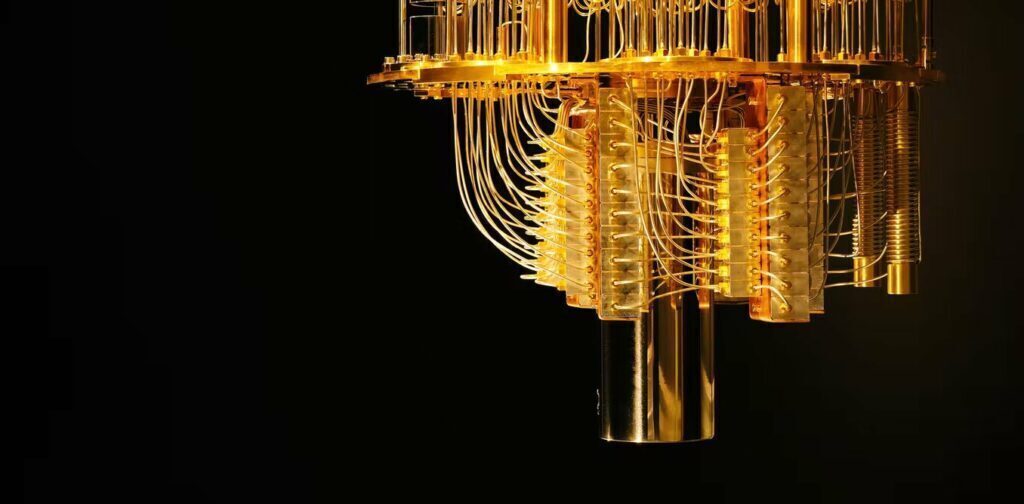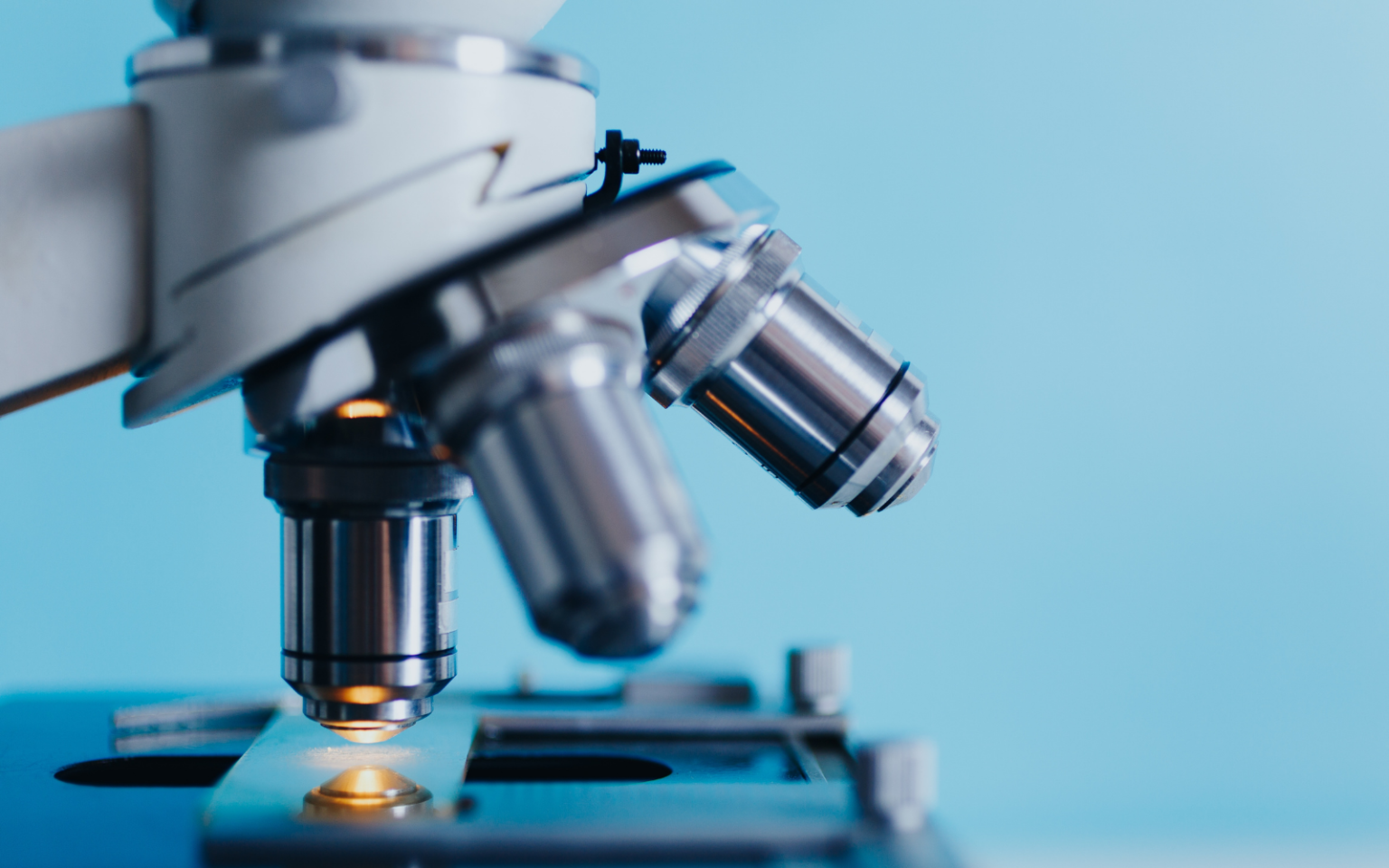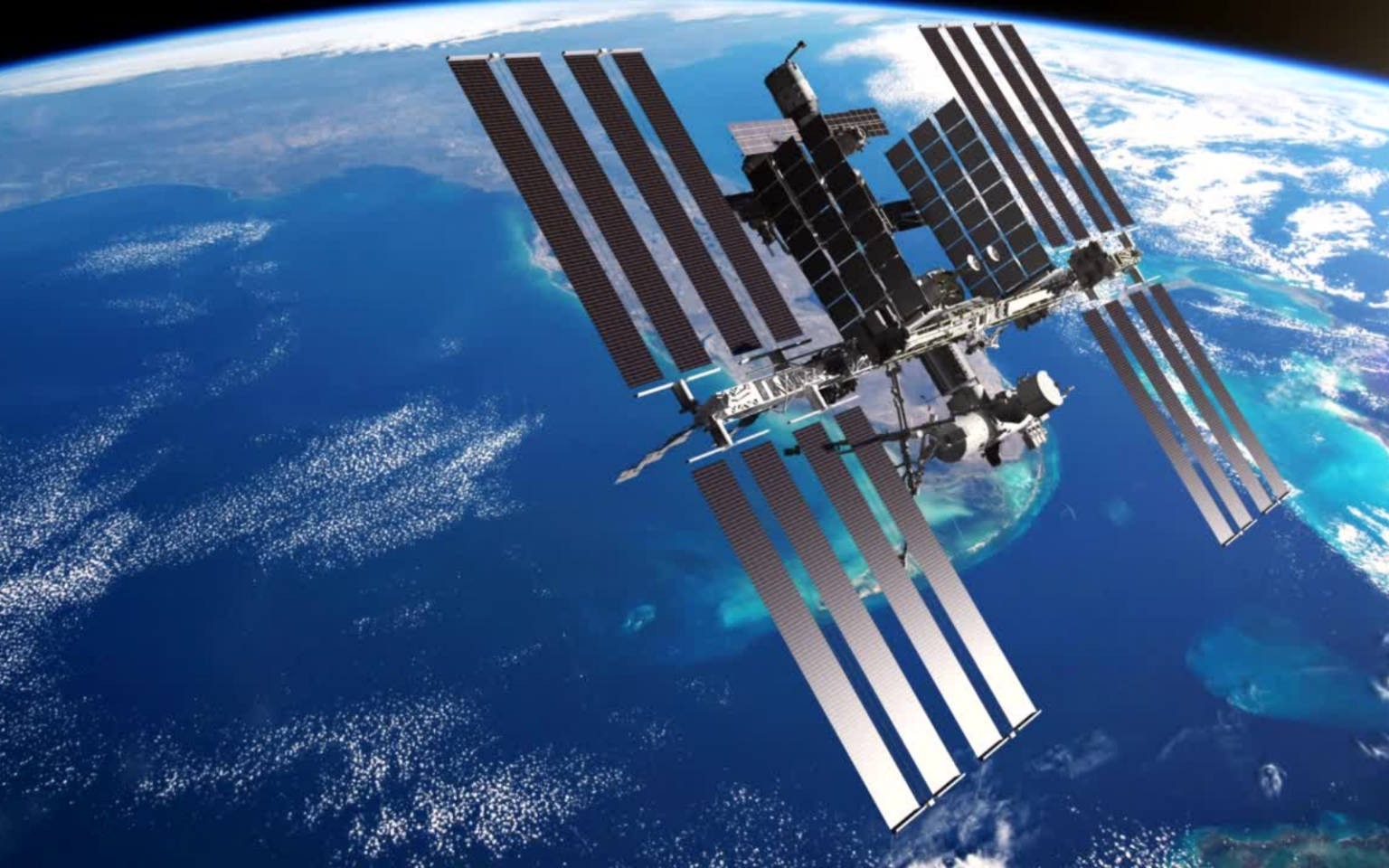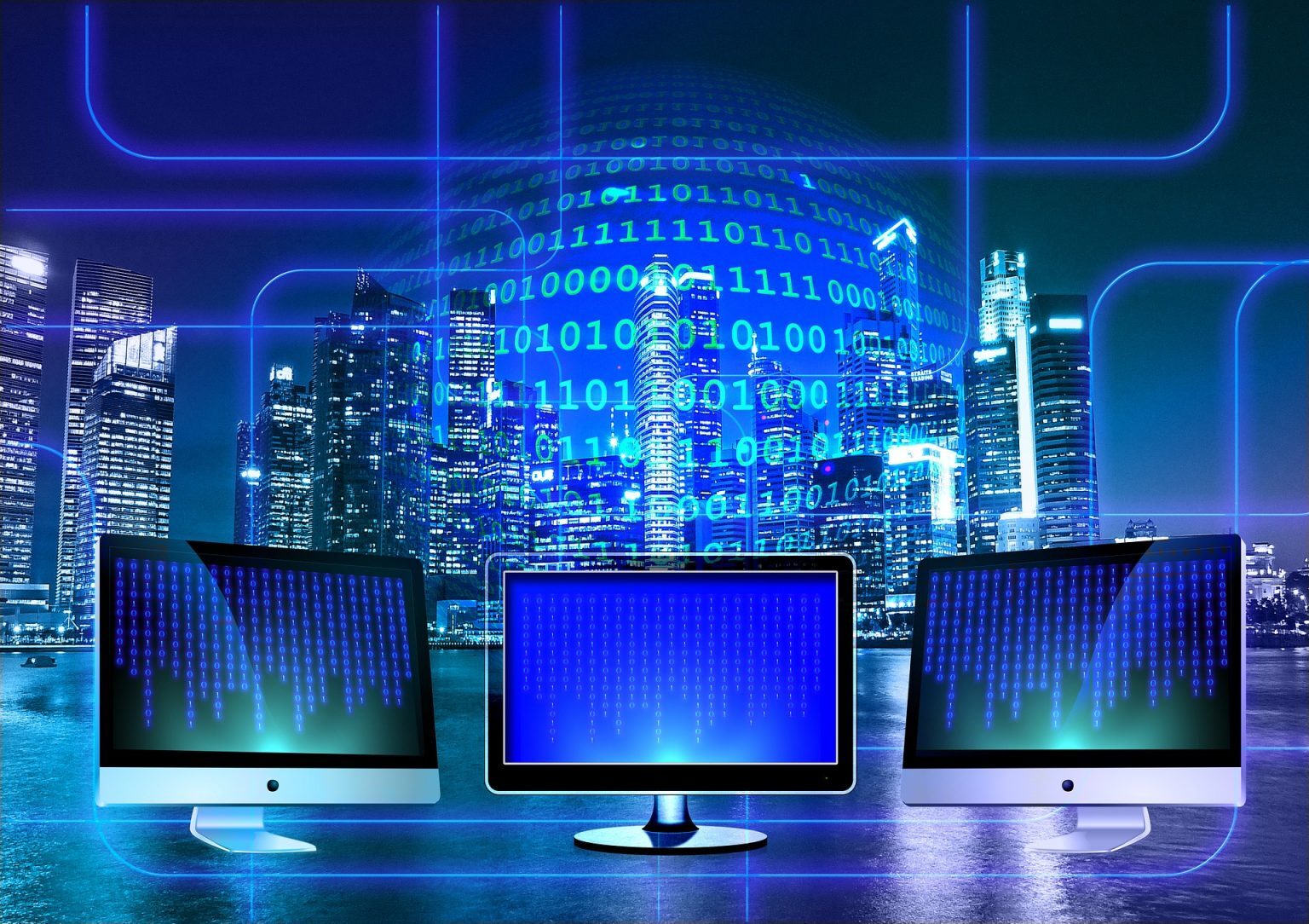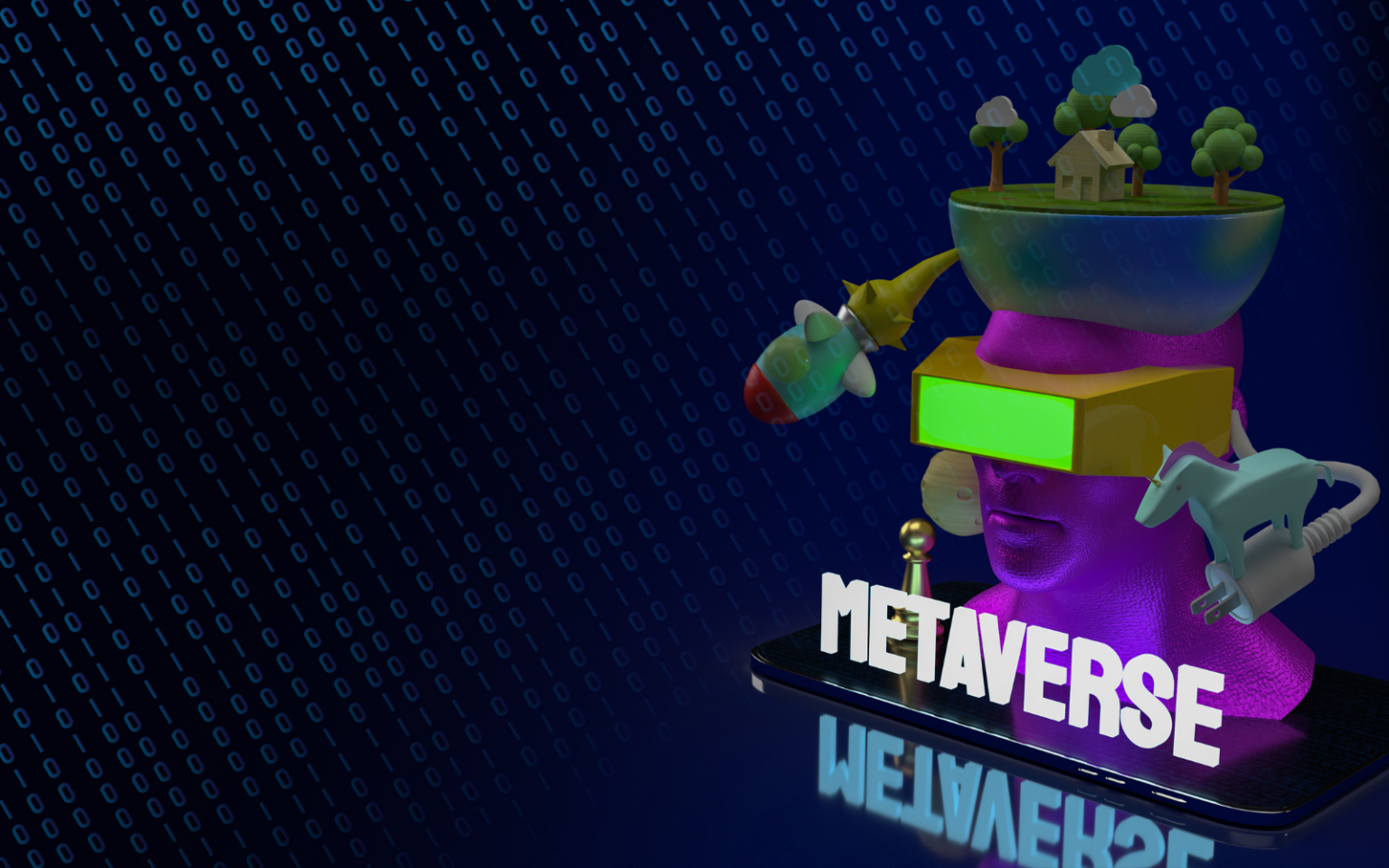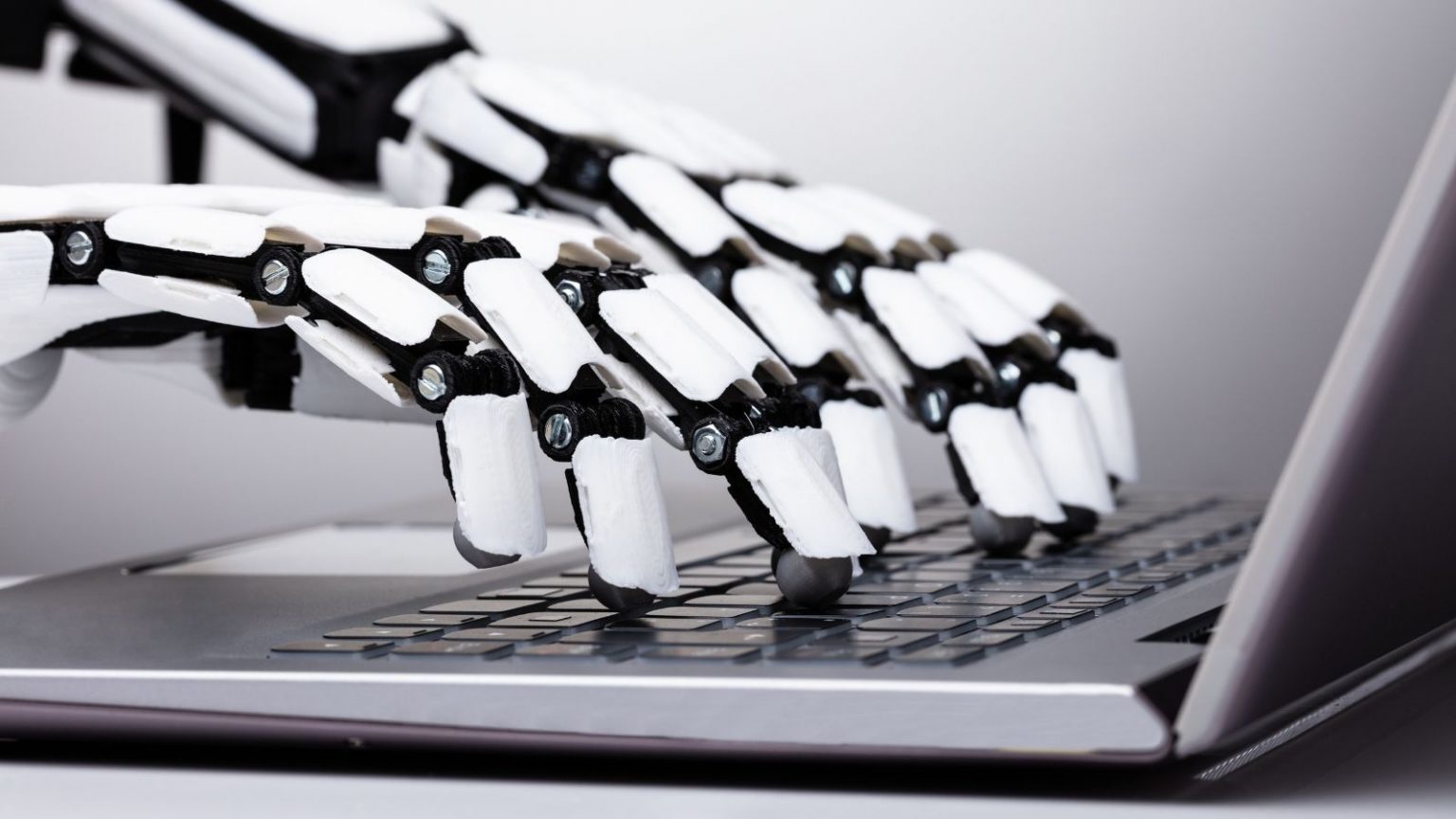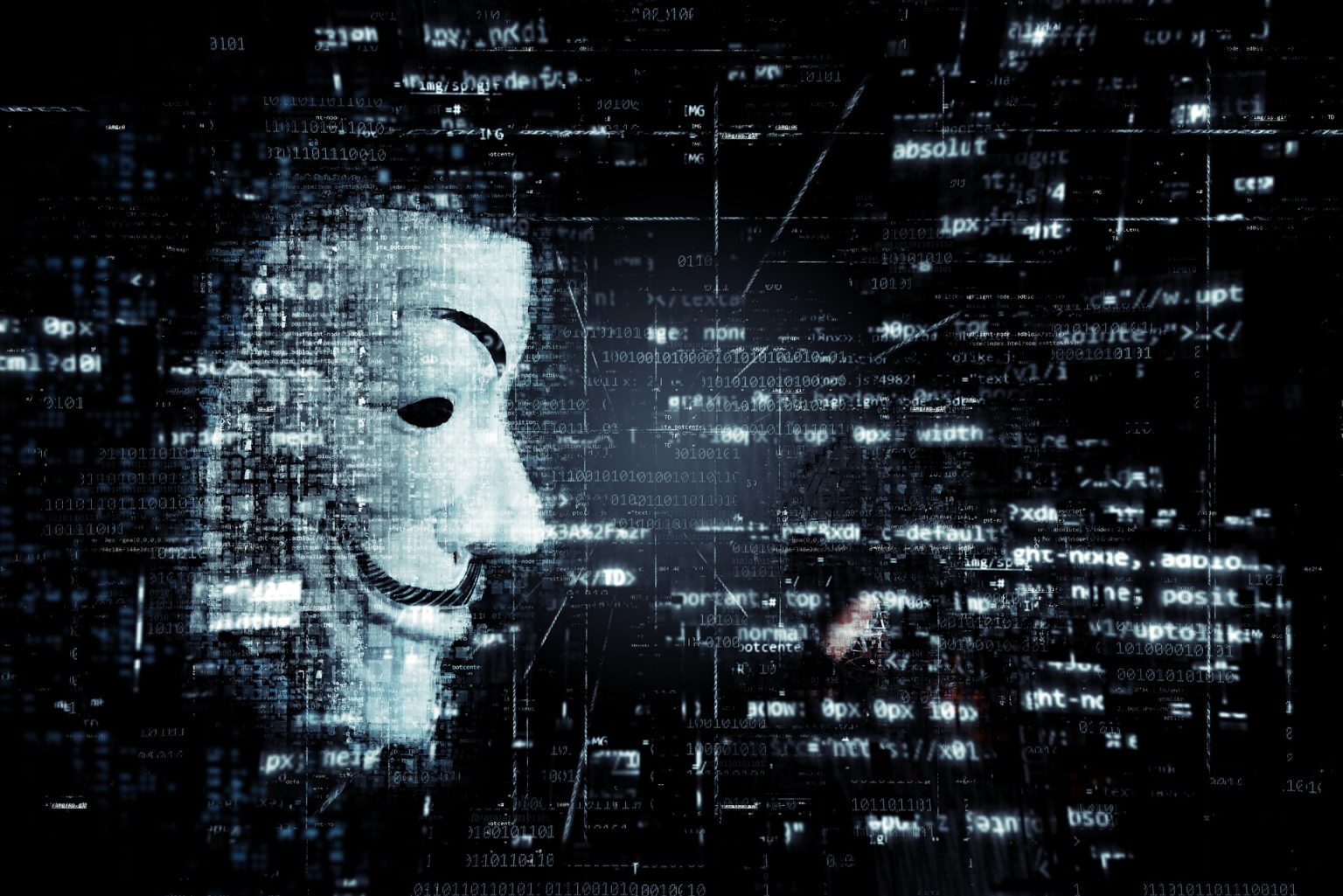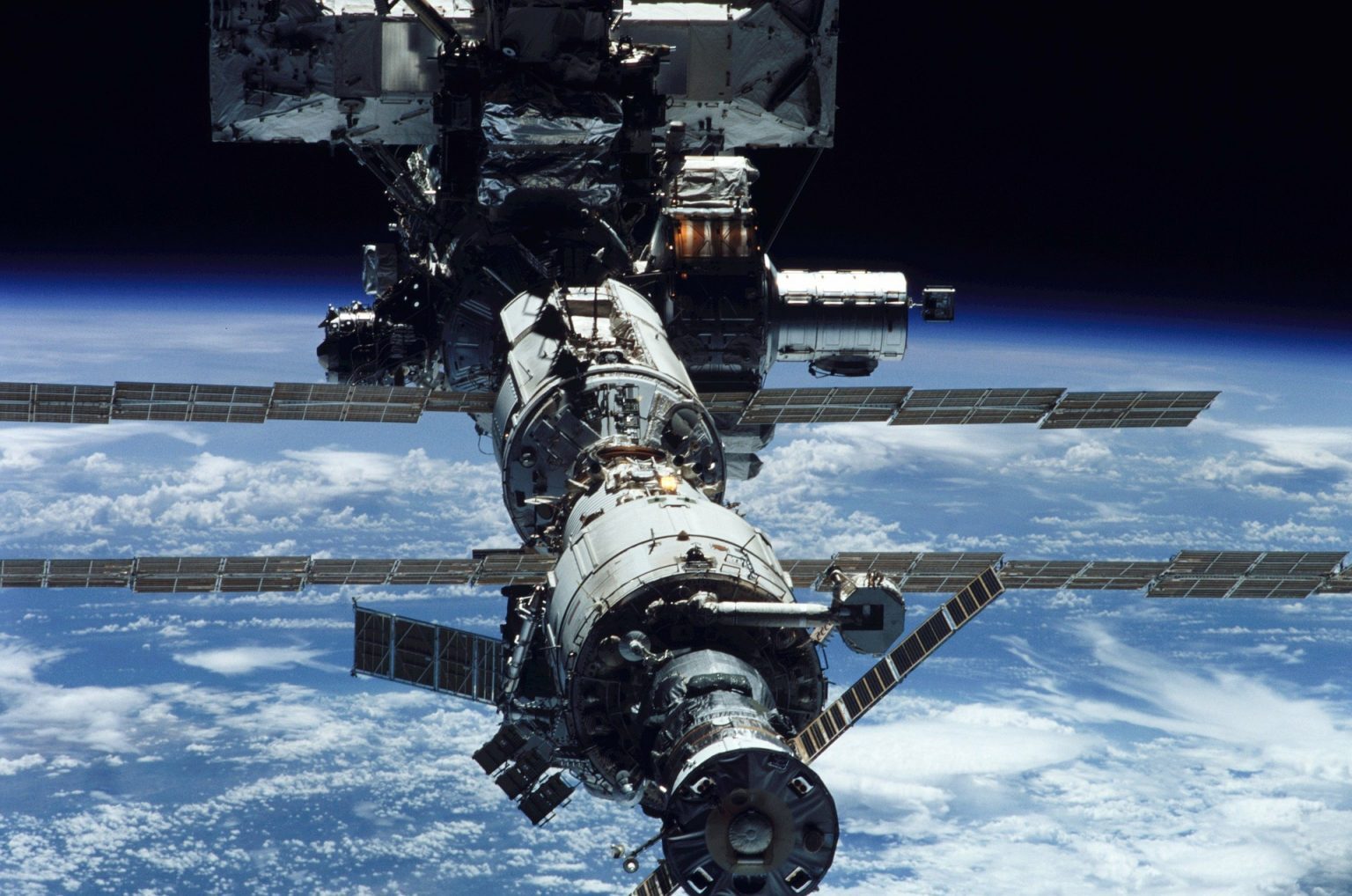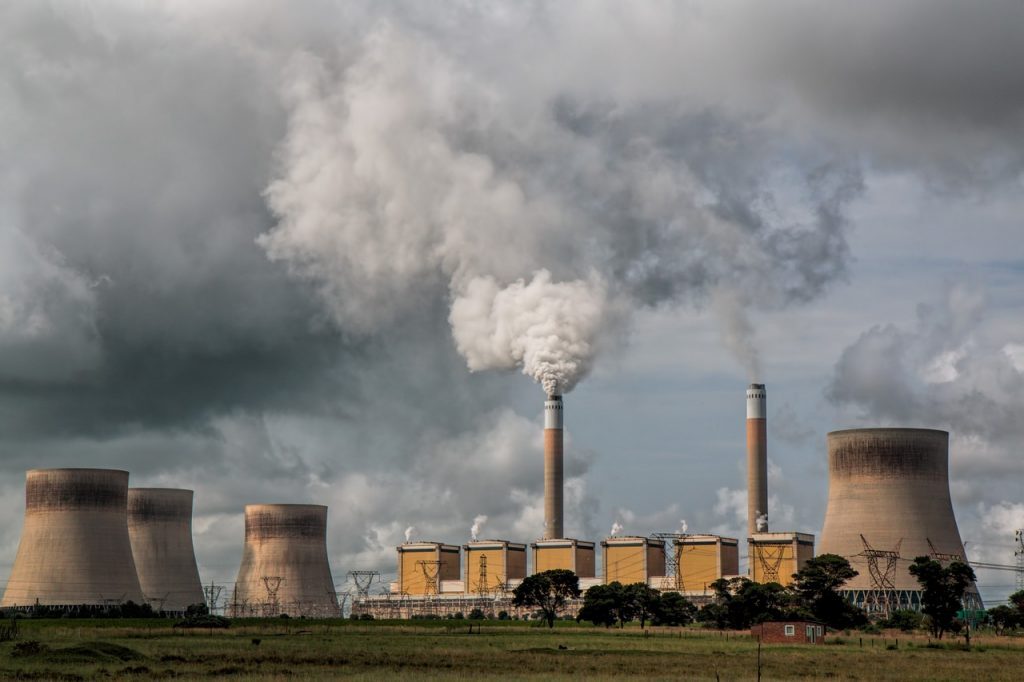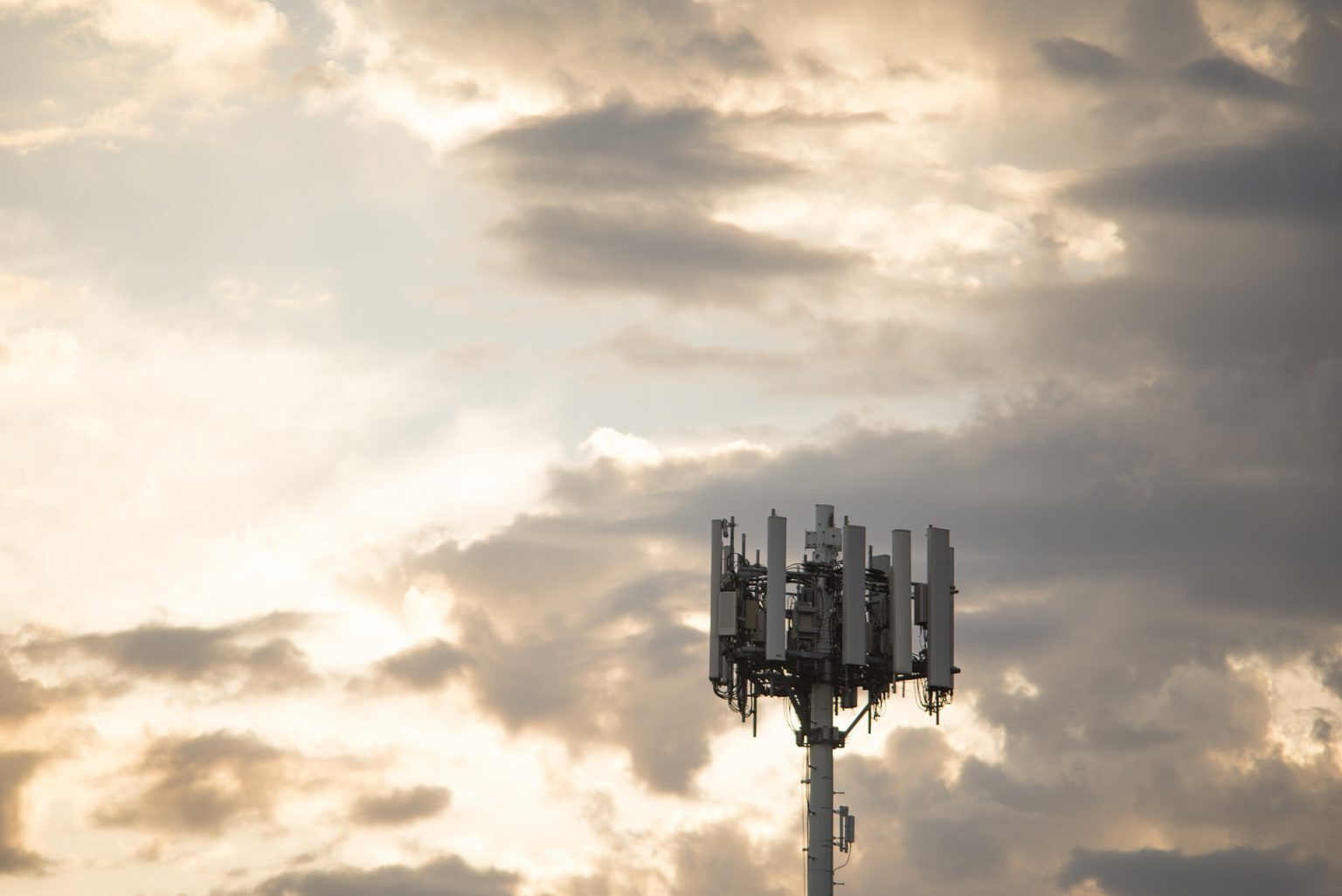You probably know what a crystal is. We’ve all seen one, held one in our hands, and even tasted one on our tongue (for instance sodium chloride crystals, also known as “salt”). But what on earth is a “time crystal”, if not a sci-fi gadget in the latest Marvel movie? Why do we need a quantum computer to make one? And what is a quantum computer anyway? Bits and qubits Let’s start there. Computers are all around us. Some are compact, portable and primarily used to stream Netflix, while others fill entire rooms and simulate complex phenomena like the weather…
Author: The Conversation
An ill newborn’s life is hanging by a thread, and only the right diagnosis will afford her the treatment that may save her life. A cancer patient’s therapy can be tailored to the specific type of tumour they have, if only the doctors know what the molecular targets are that will make the drugs effective for that patient. Parents may finally get a name for the syndrome that their child has been living with. All of this can be achieved by sequencing the genome of a patient. A genome is a set of genetic instructions that can be deduced through examining blood or saliva. When scientists sequence genomes,…
Nasa has announced plans for the International Space Station (ISS) to be officially decommissioned in 2031. After dozens of launches since 1998 got the station up and into orbit, bringing it down will be a feat of its own – the risks are serious if things go wrong. Nasa’s plans for the decommissioning operation will culminate in a fiery plunge into the middle of the Pacific Ocean – a location called Point Nemo, also known as the “spacecraft graveyard”, the furthest point from all civilisation. Finding Point Nemo will be the final stop in a complex and multi-staged mission to transition…
Internet use has increased significantly over recent years, and through the pandemic, we have become even more dependent on online services. To meet this demand, the UK government and service providers have fast tracked the expansion of the high-speed internet infrastructure known as “fibre to the premises” (FTTP). FTTP connects homes and offices directly to fibre optic cables which, using light pulses as signals, can carry data very quickly. This compares to traditional broadband internet, which relies on “fibre to the cabinet”, meaning the high-speed fibre optic connection is delivered to local cabinets. From there, electromagnetic signals carry the data along copper wires into…
In a recent BBC news investigation, a reporter posing as a 13-year-old girl in a virtual reality (VR) app was exposed to sexual content, racist insults and a rape threat. The app in question, VRChat, is an interactive platform where users can create “rooms” within which people interact (in the form of avatars). The reporter saw avatars simulating sex, and was propositioned by numerous men. The results of this investigation have led to warnings from child safety charities including the National Society for the Prevention of Cruelty to Children (NSPCC) about the dangers children face in the metaverse. The metaverse refers to a…
The average business receives 10,000 alerts every day from the various software tools it uses to monitor for intruders, malware and other threats. Cybersecurity staff often find themselves inundated with data they need to sort through to manage their cyber defenses. The stakes are high. Cyberattacks are increasing and affect thousands of organizations and millions of people in the U.S. alone. These challenges underscore the need for better ways to stem the tide of cyber-breaches. Artificial intelligence is particularly well suited to finding patterns in huge amounts of data. As a researcher who studies AI and cybersecurity, I find that AI is emerging as a much-needed tool…
A spate of cyber attacks has affected Ukraine’s digital systems since Russia’s invasion began. It soon became clear Russia’s “boots on the ground” approach would be supplemented by a parallel cyber offensive. Last week Ukraine called on its citizens to take to their keyboards and defend the country against Russia’s cyber threat. At the same time, a campaign was underway among the hacktivist collective Anonymous, calling on its global army of cyber warriors to target Russia. The Anonymous collective is officially in cyber war against the Russian government. #Anonymous #Ukraine — Anonymous (@YourAnonOne) February 24, 2022 Who is Anonymous? Anonymous is a global activist…
New U.S. sanctions on Russia will encompass Russia’s space agency, Roscosmos, according to a speech U.S. President Joe Biden gave on Feb. 24, 2022. In response to these sanctions, the head of Roscosmos on the same day posted a tweet saying, among other things, “If you block cooperation with us, who will save the ISS from an uncontrolled deorbit and fall into the United States or Europe?” The International Space Station has often stayed above the fray of geopolitics. That position is under threat. Built and run by the U.S., Russia, Europe, Japan and Canada, the ISS has shown how countries can cooperate on…
Following a decade of consultation and public debates, South Africa introduced a carbon tax in June 2019. Treasury faced strong opposition, especially from energy intensive businesses. But the country’s ratification of the Paris Climate Agreement in November 2016 signalled the government’s commitment to responding to climate change and gave impetus to implementing the carbon tax. In line with the international “polluter pays” principle, the tax attaches a cost to greenhouse gas emissions. The idea is to change the behaviour of large emitters. Burning fossil fuels for electricity production accounts for the largest share of South Africa’s carbon emissions, followed by transport, and the industrial production of materials such as…
On Feb. 22, 2022, AT&T is scheduled to turn off its 3G cellular network. T-Mobile is scheduled to turn its off on July 1, 2022, and Verizon is slated to follow suit on Dec. 31, 2022. The vast majority of cellphones in service operate on 4G/LTE networks, and the world has begun the transition to 5G, but as many as 10 million phones in the U.S. still rely on 3G service. In addition, the cellular network functions of some older devices like Kindles, iPads and Chromebooks are tied to 3G networks. Similarly, some older internet-connected systems like home security, car navigation and entertainment systems, and solar…

